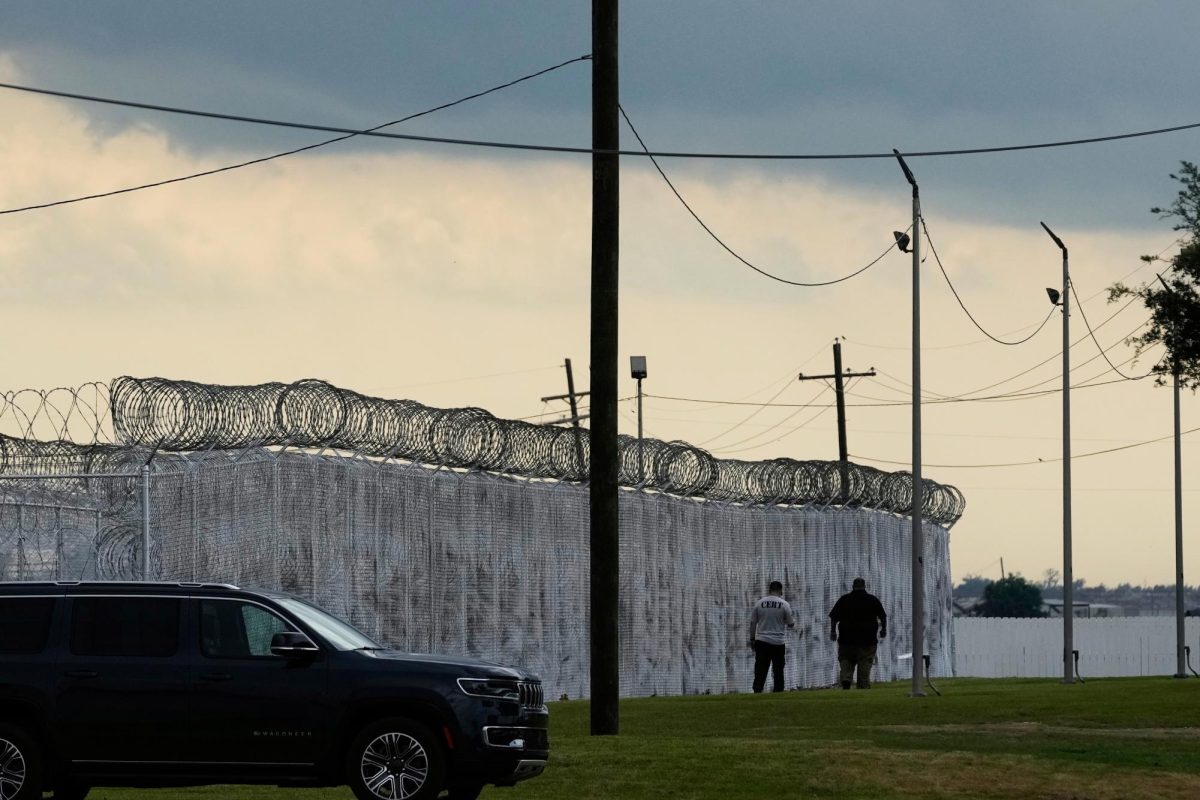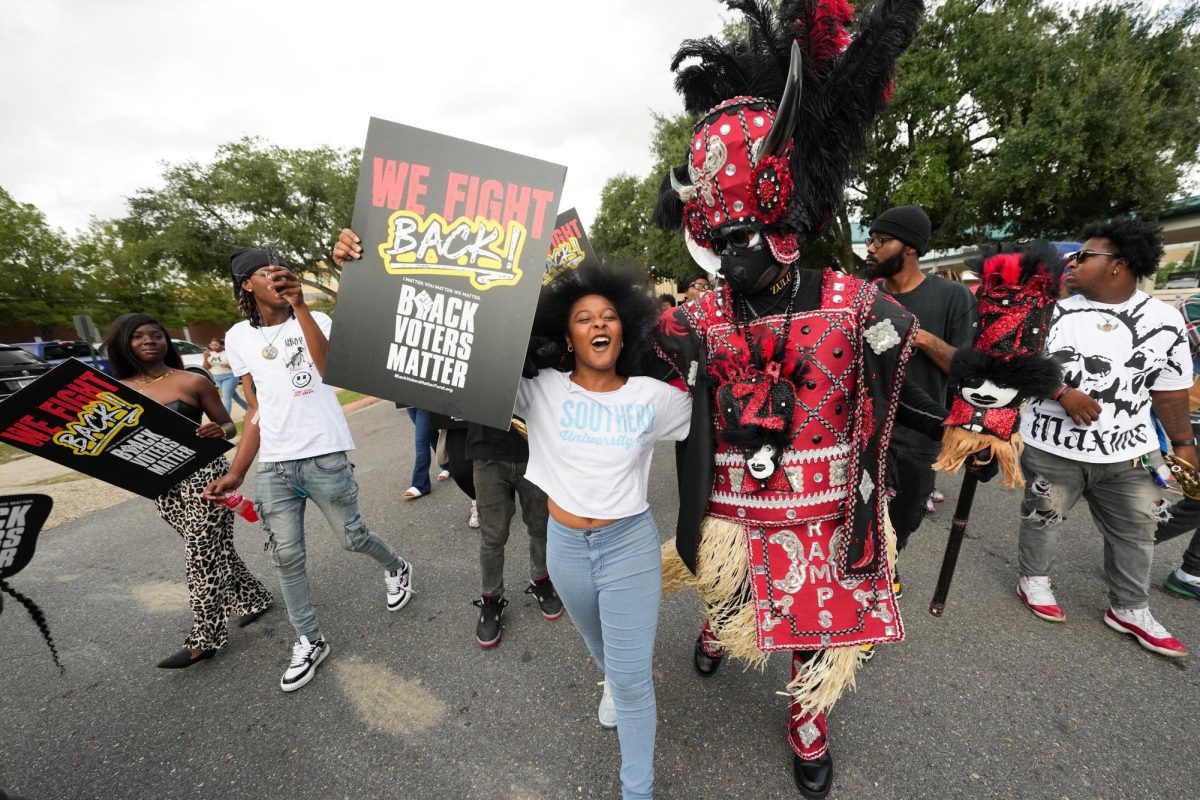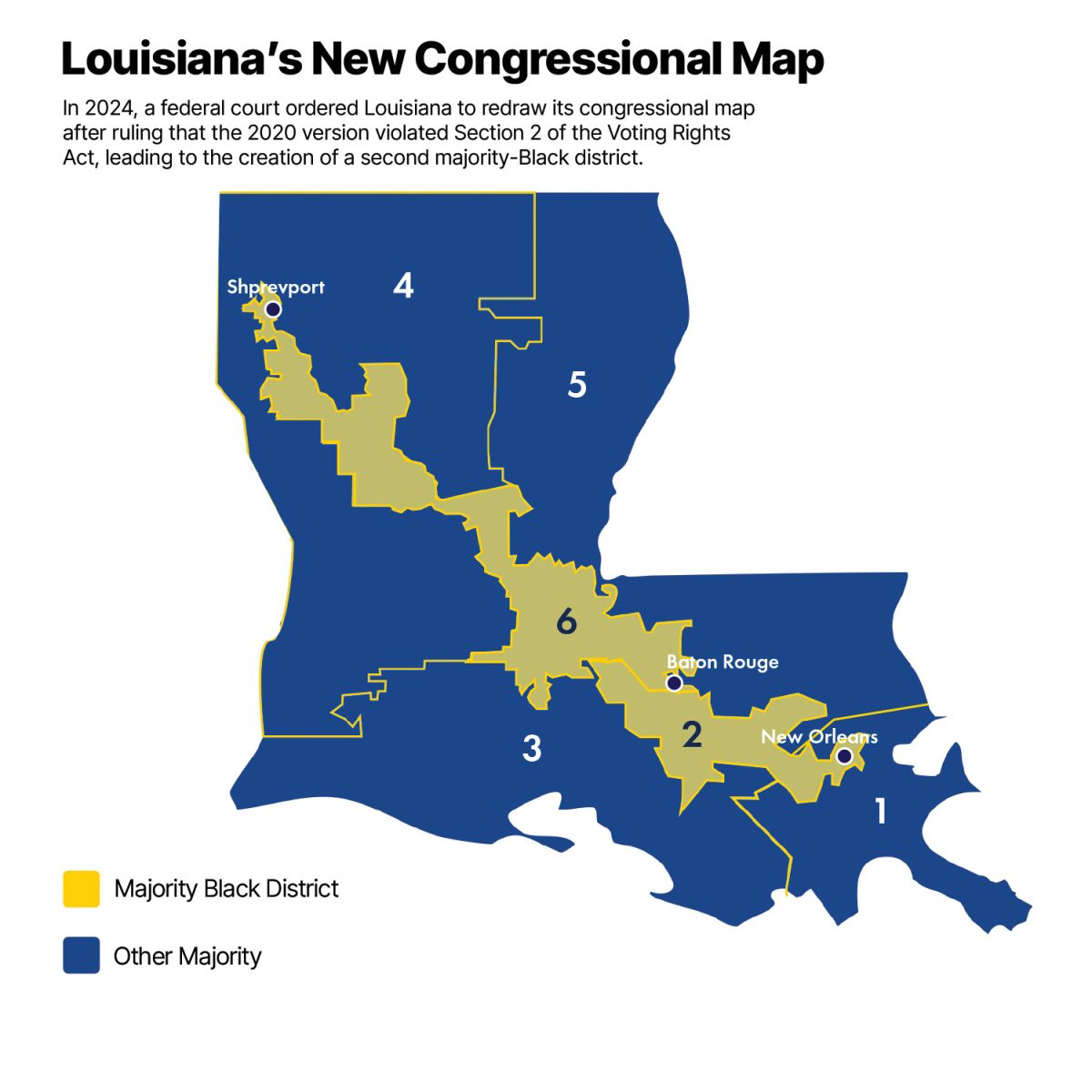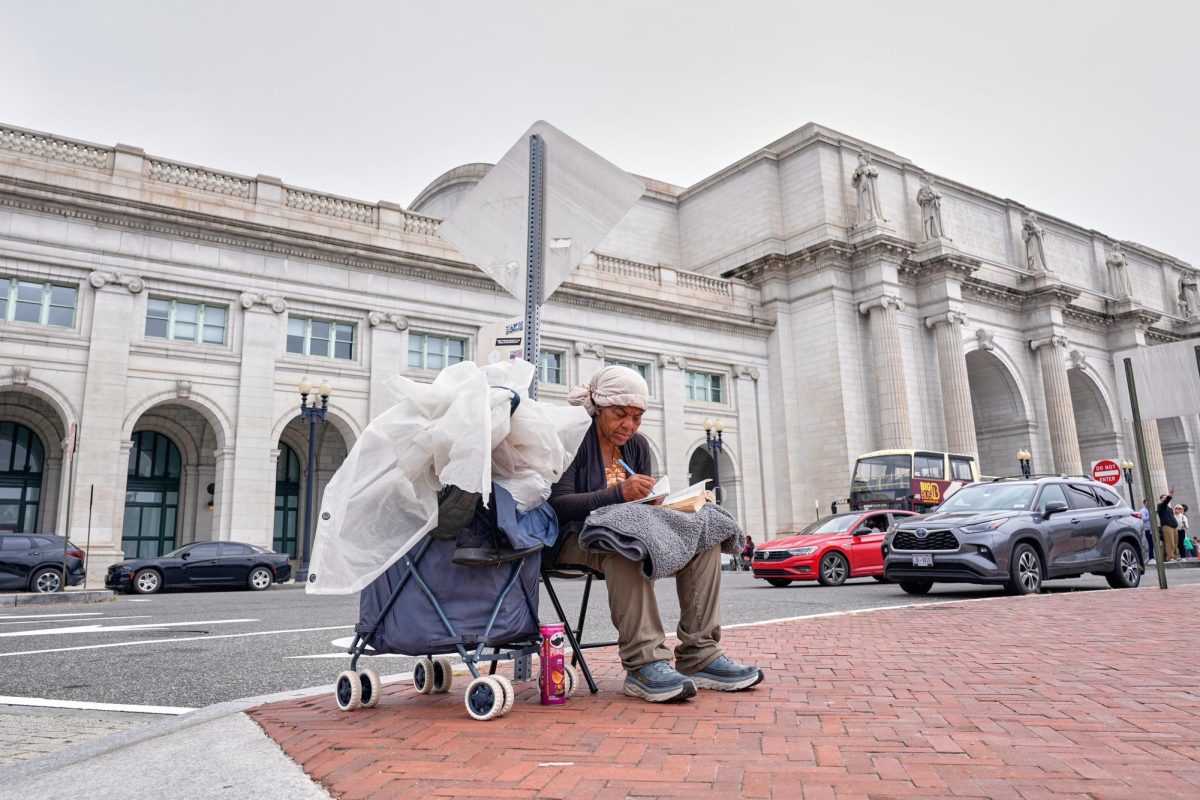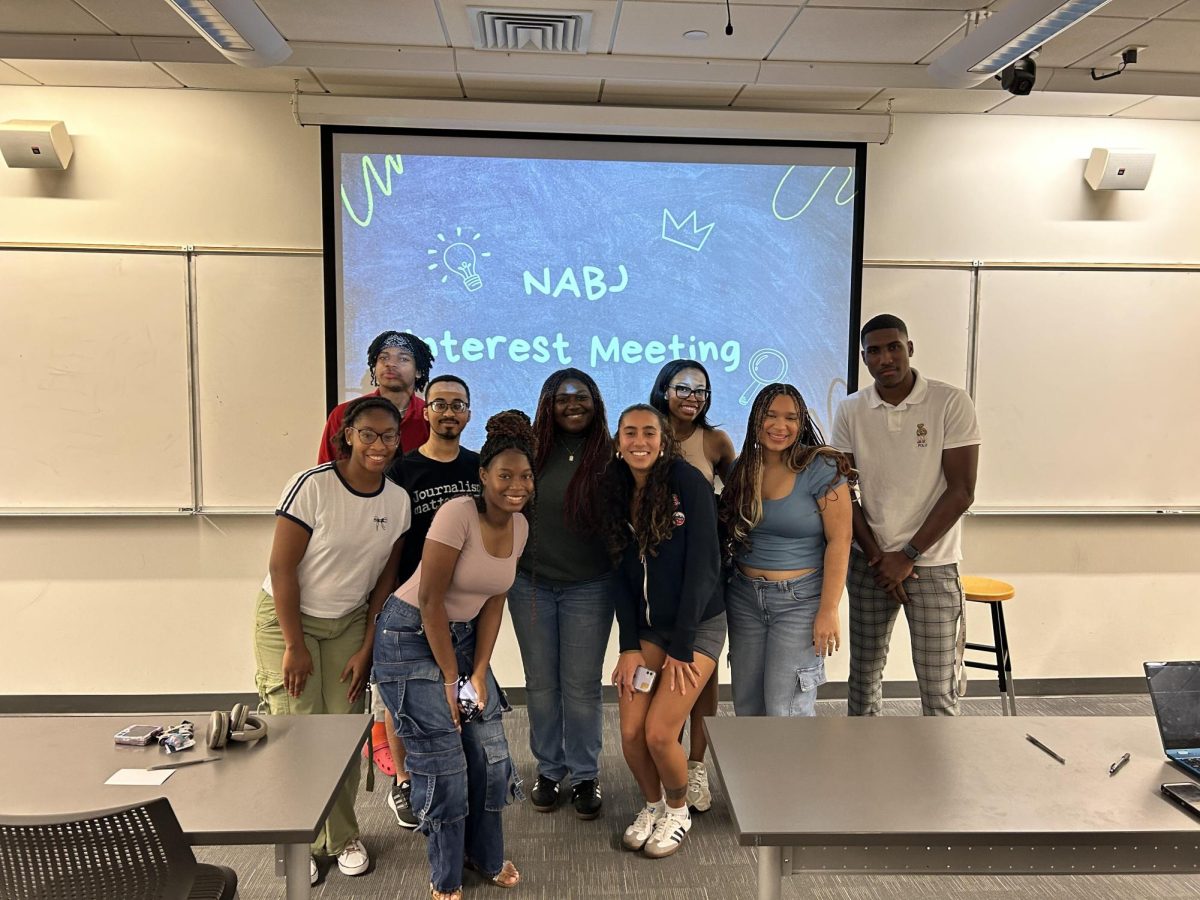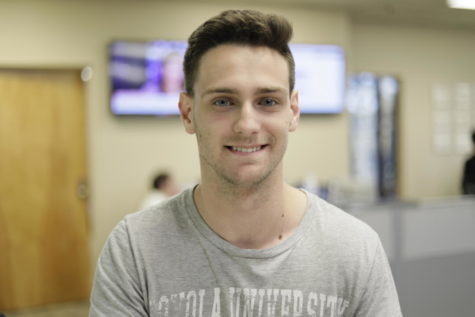For many viewers, watching the hearing for Supreme Court nominee Brett Kavanaugh is about deciding who takes the seat as the next Supreme Court Justice. But for survivors of sexual assault, the national conversation is a lot more personal.
The Rape Abuse and Incest National Network announced that, following the sexual assault allegations made against Supreme Court nominee Brett Kavanaugh, a record number of sexual assault survivors have reached out to the organization.
“History shows us that when high-profile allegations such as these are in the news it often causes others to reach out too,” said company president Scott Berkowitz.
Amy Jackson, the regional director of the New Orleans branch of the Sexual Trauma and Awareness Response organization, is experiencing this phenomenon locally, with the number of people reaching out to her organization up by 25 percent.
According to Jackson, this increase is not coincidental.
“Often times people don’t recognize what happened to them as sexual assault. So they may be listening to (a survivor) describe what happened to her, and that person realizes that what happened to them was a violation,” said Jackson. “They probably knew that it didn’t feel right, but until someone else spoke out about how difficult it was, they were unable to connect the dots.”
She said that with the current news cycle revolving around sexual assault, it can be a difficult time for survivors who may be reminded of their own experiences.
“We live in a 24-hour news cycle. Especially with social media, we’re constantly being bombarded with news. We tell people that if you need to take a break from the news cycle, there’s no shame in it. It’s not worth your mental state,” she said.
She recommended that survivors focus on self-care, whether that be unplugging from social media or just getting enough sleep. But she did note that when it comes to this kind of trauma, there is no set standard.
“Sexual assault is an abnormal event. As such, there is no such thing as a normal reaction to it,” she said. “People can react in wildly different ways.”
Sexual assault survivor Sandra, a Tulane student whose name has been changed to protect her anonymity, found herself more frustrated by the allegations than anything else.
“I think I’m upset by it,” she said. “But I do think that came second. At first it was indignation. I was so furious and frustrated.”
She said that recent events have caused her to imagine herself in Kavanaugh accuser Dr. Ford’s shoes.
“I think it comes from the place of being a woman and thinking ‘what if one day the guy that sexual assaulted me got nominated to be a supreme court justice. What would I do?’’’ she said. “This man has been in the public eye for so long she’s probably thought about it every single time she’s seen him anywhere.”
She said that despite the frustration of keeping up with the story, she continues to do so because of its importance.
“I think it’s really going to set a precedent for how we deal with sexual assault in the future and how important we think it is,” she said. “so many women are going to lose faith in the justice system.”



